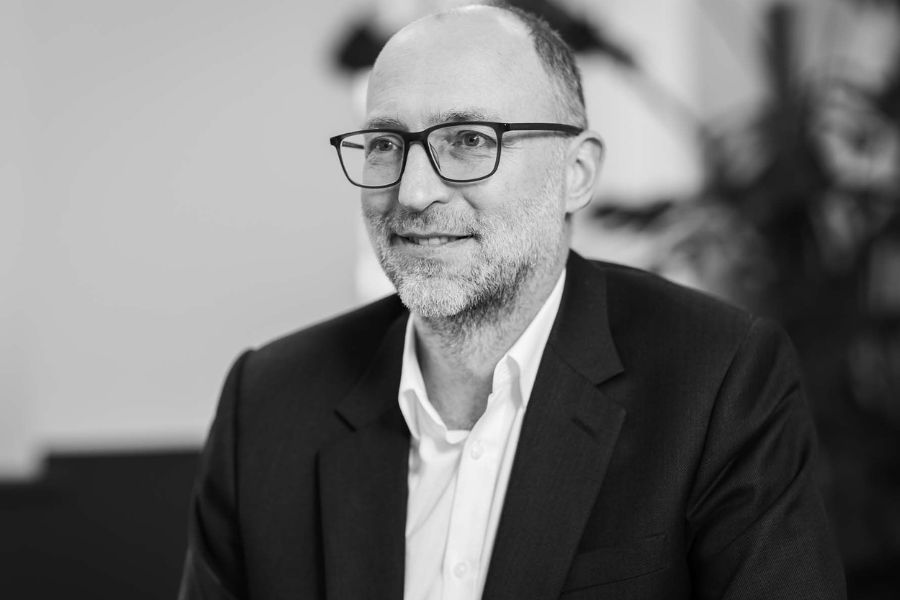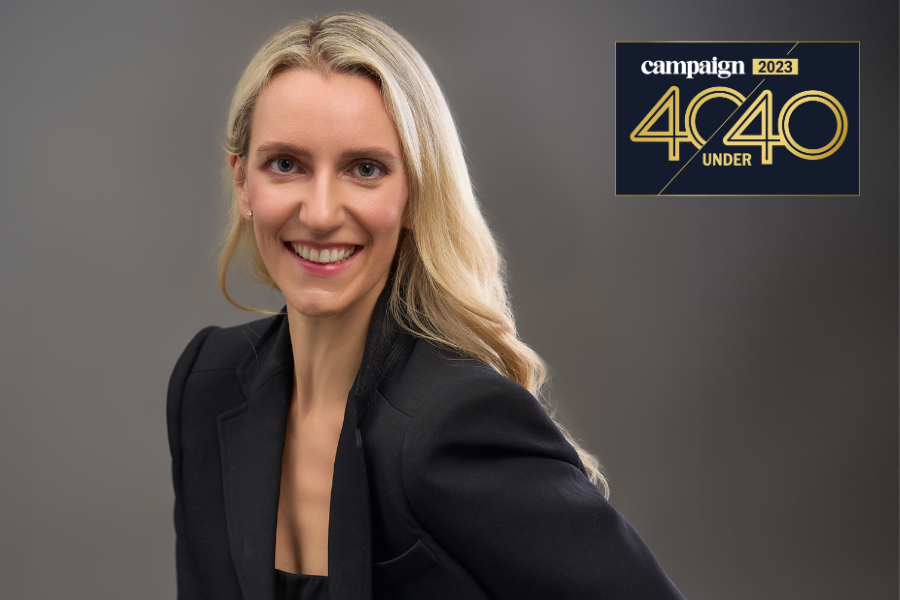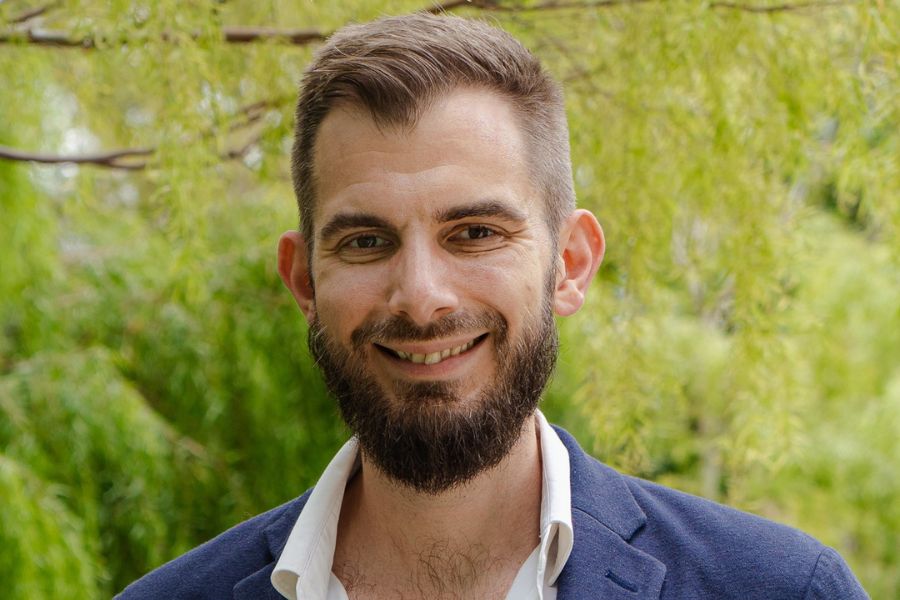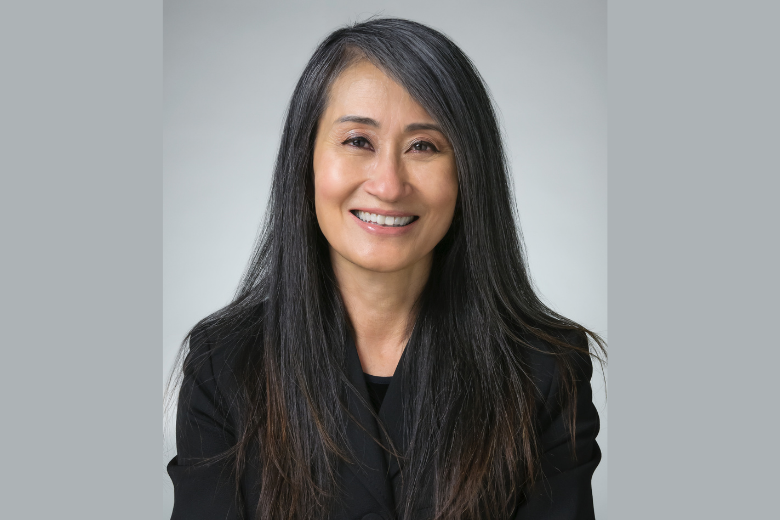As marketers adopt a more cautious optimism in the industry for 2023, they are allocating more funds to performance channels. However, they risk overinvesting, which could weaken a brand's ability to create emotional connections with customers.
At least, that's the view of Nick Waters, the group chief executive of global media consultancy Ebiquity, who sounded this warning in a conversation with Campaign Asia-Pacific on a recent return visit to Singapore.
The former Dentsu Aegis Network APAC CEO noted 2022 was a year of two parts for the advertising industry. The first part was strong globally, with agency groups' half-year results being good and ahead of expectations. However, the year's second half showed signs that the market might turn.
"Things are currently holding up pretty well. So the market is cautiously optimistic that everything will be okay. However, there is still a risk, primarily around interest rates. If they get too high, it could start causing problems for consumers with mortgages," notes Waters.
"But overall, ad spending will increase globally, possibly by around 3-4.5%. Historically, China has significantly contributed to ad spending growth, but it's expected to be more subdued this year."
Waters notes that the buying-side of the marketing services business delivered good results. However, the sales-side was much more challenging, particularly for big tech platforms such as Alphabet and Meta, which for the first time, disappointed the market.
A comeback for brand-building?
He points out that decisions by some brands to cut performance marketing and increase brand investment, like Airbnb did two years ago, are now paying off. Waters says brand owners need to be mindful of the risks because the industry over-invests at the bottom end of the purchase funnel.

"Over the years, tens of billions of dollars have gone into search, particularly paid search, at the expense of brand-building. Yet, we know brands must continue creating emotional connections between brands and consumers," explains Waters.
"Various media do that, but they do it over the long term. The trend generally goes up. If you over-invest at the bottom of the purchase funnel, you inevitably weaken that ability to create the emotional connections essential for long-term brand success."
Waters is intrigued to see companies like Airbnb, Google, and Facebook now advertising on television. He says TV is an excellent way to connect emotionally with customers. In addition, if brands invest only in the bottom of the purchase funnel, they will repeatedly harvest the same customers.
To build brand loyalty, he says brands need to bring in new people and create that brand love before they convert them.
Underserved APAC market
But as they do so, brands must also feel that they're getting value for their advertising spends. In APAC, Waters feels brands have had to invest more than they should have to, because they are not getting the right advice on their media investments.
Calling APAC an "underserved market", Waters says he still sees plenty of opportunity in the region to help advertisers understand and scrutinise the value of their media investments regarding efficiency and effectiveness.
"Are you getting what you should be getting for what you are paying? Is that achieving your brand objectives? There is, in our view, not yet enough independent scrutiny over that," explains Waters, who naturally has a self-interest in having Ebiquity audit more brands' media spends.
"There are situations now when their agency says they are doing a good job, and brands trust them fully. Well, agencies will never admit they did not do something right, correct?"
Waters says their client strategy is to demonstrate full value to them by developing new strategic products and services for the digital market. One example of this is in the area of misinformation, in which Ebqiuty worked on new solutions with Global Disinformation Index, a not-for-profit organisation.

These solutions tap open source data and scrape the web for publishers that are pumping out unsafe content, whether it is hate speech, misinformation, or anti-vaccination conspiracy theories, to prevent clients' digital media spend from going to these publishers.
"We can now help defend our clients against those guilty of distributing harmful content. We get our advertisers to reinvest back into quality journalism, which attracts more audiences," explains Waters.
Ebiquity is also looking to rebalance its business which, Waters admits, has been 'overweight' in the UK and Europe and 'underweight' in the US and APAC.
He notes while Ebiquity made an acquisition to scale its business in the US, the APAC business, run by Leela Nair, has been the group's fastest-growing region organically.
Waters says Ebiquity focuses on China, the world's second-largest advertising market where substantial transparency challenges in the media remain, and also in India, where scope remains to deliver correct value. He also sees ongoin potential in Southeast Asia.
"These are big markets with great opportunities for advertisers," says Waters. "But where is the independent verification of what they're getting? Where is the scrutiny on efficiency and effectiveness? Where is the analysis of these some of these things? So there is a huge opportunity here in the Asia Pacific."
Sustainability
Another recent focus of advertisers has been to identify their carbon footprint through digital media activity.
To meet this need, Ebiquity has partnered with consultancy Scope3, using Ebiquity's own data of its clients' digital media spends, matching all impressions to Scope3's measure of carbon emissions.
To illustrate the scope of the problem, Ebiquity ran a sample of $375 million in digital ad spend, representing 116 billion impressions across 11 countries from 42 clients. This spending emitted 77,000 metric tons of carbon, when putting a CO2 PPM (parts per million) against it.

"We offer clients visibility of their carbon footprint, including the worst emitters. We can show clients how much carbon they can save by removing specific campaigns. For example, 77,000 metric tons means flying 1.35 million people between London and Paris. It would take 3.7 million trees a year to absorb that carbon dioxide," explains Waters.
"It is not more challenging for [different types of] companies to minimise the impact of their advertising campaigns on the environment. For example, a company selling shampoo or oil can adopt the same practices."
Waters notes that even though the oil and gas industry is often demonised, they are the most prominent investors in renewable energy. He argues if people continue to demonise the oil and gas industry, the world will lose investment opportunities in renewable energies.
Additionally, he points out every pension fund has investments in the oil and gas majors.
"We aim to bring the industry together to reduce the impact of advertising campaigns on the environment. We want to be the independent measurement firm and partner with others in the industry," explains Waters.
"We want to remove confusion from the industry by having one measurement solution. Agencies can use their tools to optimise, but let's work together on one measurement tool."









